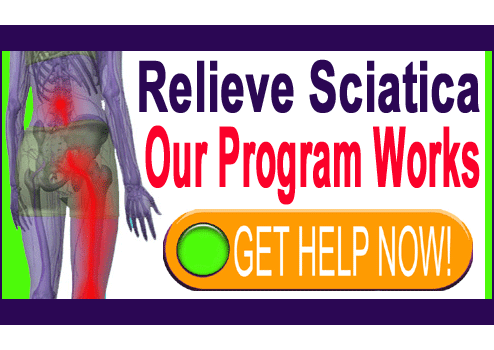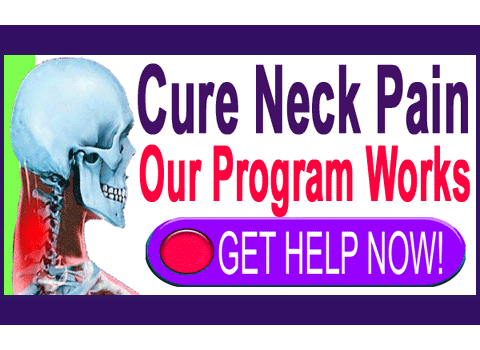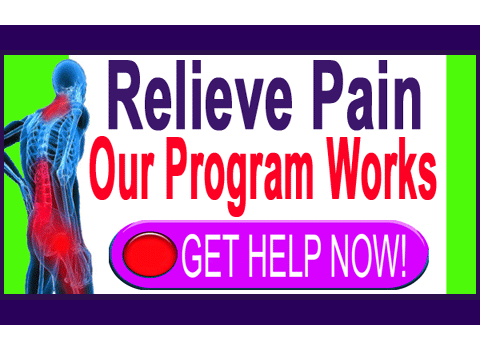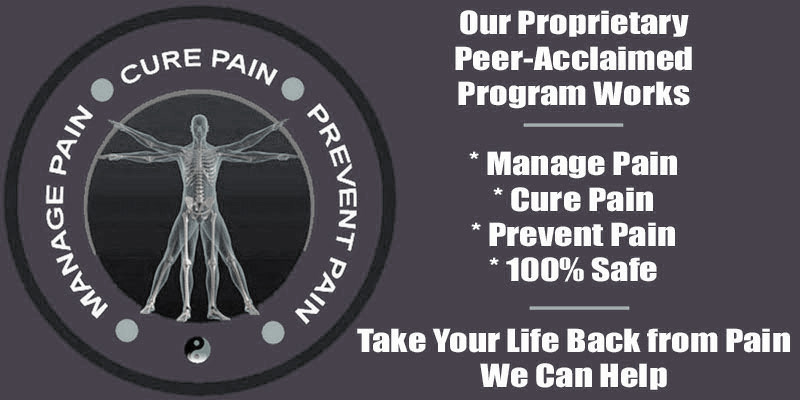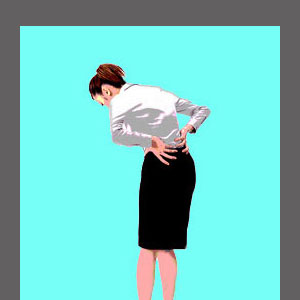
OTC drugs for spinal stenosis might offer symptomatic reduction with less risk than comparable prescription-strength pharmaceutical products. Finding relief is an important objective for many patients who suffer terrible pain, yet want or need to avoid powerful prescription analgesic medications. OTC drugs are also ideal for patients who cannot access or afford professional medical care and must rely on self-treatment.
There are certainly some distinct advantages offered by over the counter pharmaceutical products. However, there are also some very significant risks associated with their use. It is vital for all patients who use OTC drugs for spinal stenosis to understand the pros and cons of this type of symptomatic care in order to enjoy the best therapeutic results with the least amount of negative health consequences.
This discussion provides a comprehensive evaluation of OTC drug products for spinal stenosis. We will analyze the most common OTC drugs and detail their benefits and risks in order to help patients to make better informed treatment decisions.
Over the Counter Drugs for Spinal Stenosis
When it comes to spinal stenosis treatment using OTC products, analgesics are the most logical choices, since medications which may improve neurological function are not generally available in OTC formulas. The most frequently used analgesic medicines for spinal stenosis include:
Aspirin is a widely used anti-pain and anti-inflammatory drug. Due to risks for developing gastric ulcers and the very minor degree of pain relief provided for spinal issues, aspirin is not a popular choice for patients and is usually only used by people with limited access to other drugs.
Paracetamol (acetaminophen) is the world’s leading OTC strength pain medication. Acetaminophen also has many risks, some of which have only become apparent in recent years and its use should be closely monitored by a qualified healthcare professional.
Ibuprofen is an NSAID that is used to reduce pain and inflammation. It is known for its long duration of activity, pleasing patients with extended term relief and fewer pills.
Naproxen is also an NSAID drug used more for inflammation than for pain. However, many patients are told to take it by their doctors, often for illogical reasons.
Benefits of OTC Drugs for Spinal Stenosis
OTC drugs provide access to potentially effective medication for everyone. OTC drugs are inexpensive, convenient and do not require medical supervision for added savings. Over the counter drugs are often the same substances used in more powerful prescription drugs, but provided at lower doses for increased safety.
OTC drugs for spinal stenosis can help with occasional flare-ups of acute symptoms and can be used for chronic pain management, as well. Since there are several varieties of OTC spinal stenosis relief products available, patients can try a few and stay with the ones that involve the least degree of risk and the greatest degree of efficacy. Additionally, although OTC drugs can interact with other drugs, most of the problematic interactions are clearly listed on their instruction label, helping patients to avoid potentially dangerous or fatal occurrences from their utilization.
Dangers of OTC Drugs for Spinal Stenosis
There are also many downsides of using OTC drugs for spinal stenosis care at home including all of the following negative attributes:
OTC drugs are not known for being particular effective for any type of back pain. The active ingredients are unlikely to reduce the severity of pain due to neurological compression more than a conservatively small amount.
OTC drugs for spinal stenosis must usually be purchased out of pocket, making them potentially expensive when used in quantity and over long timelines.
OTC drugs have similar negative health effects to prescription strength medications, including the ability to damage the organs and blood, the ability to cause unwanted side effects and the ability to negatively interact with other drugs, alcohol, select food items and herbal substances.
Like all forms of symptomatic care, drugs will never cure spinal stenosis. They will at best, simply temporarily decrease pain and will require continual use to remain effective. Additionally, with continued use, patients generally develop a tolerance tot the medication, making it less effectual and requiring a larger dose for a comparable therapeutic effect.
We always recommend nonpharmaceutical forms of pain management whenever possible. Drugs might be acceptable for occasional acute flare-ups, but become more detrimental to health and less effective when used for chronic spinal stenosis symptomology.
Spinal Stenosis > Spinal Stenosis Relief > OTC Drugs for Spinal Stenosis

